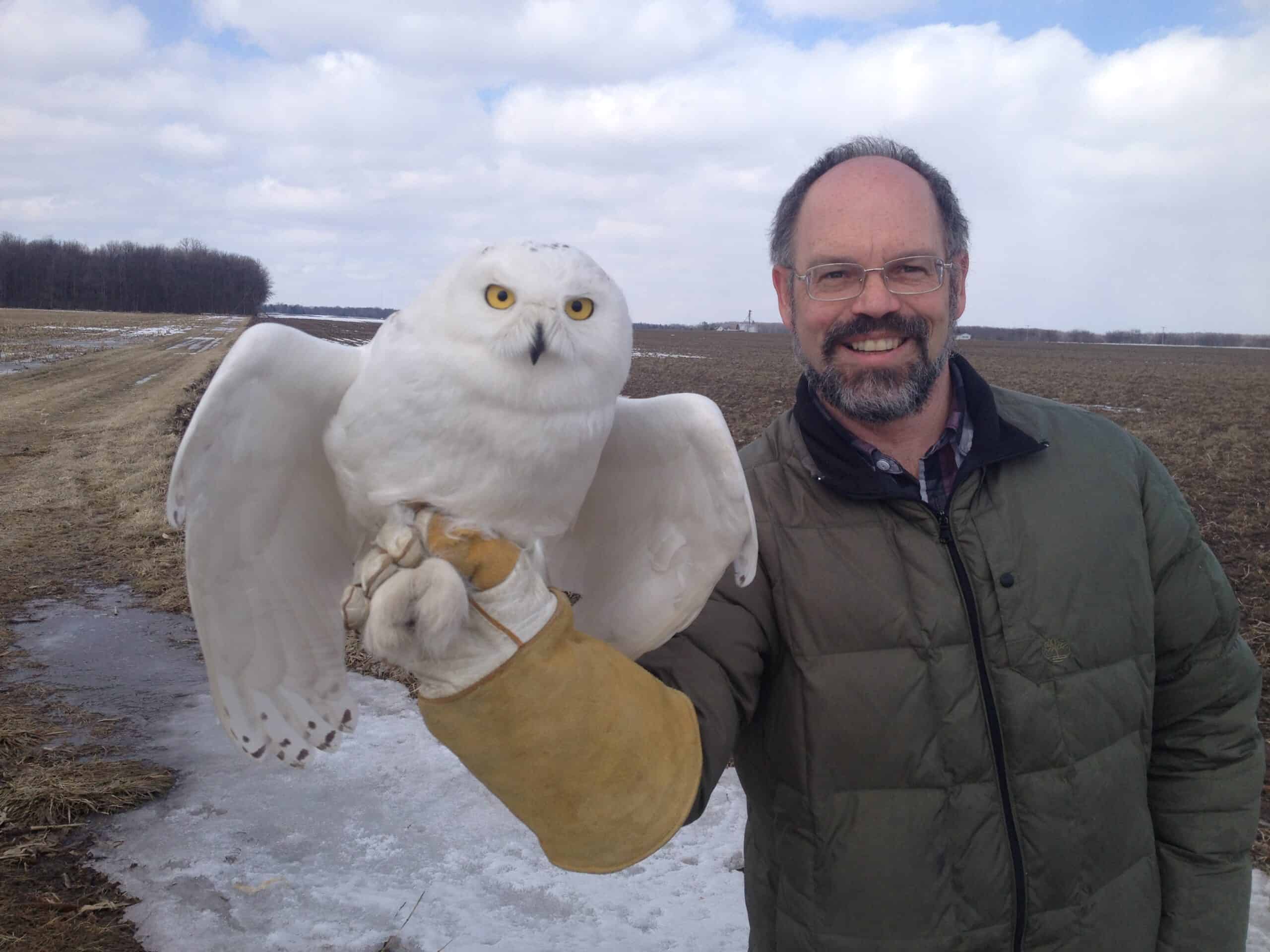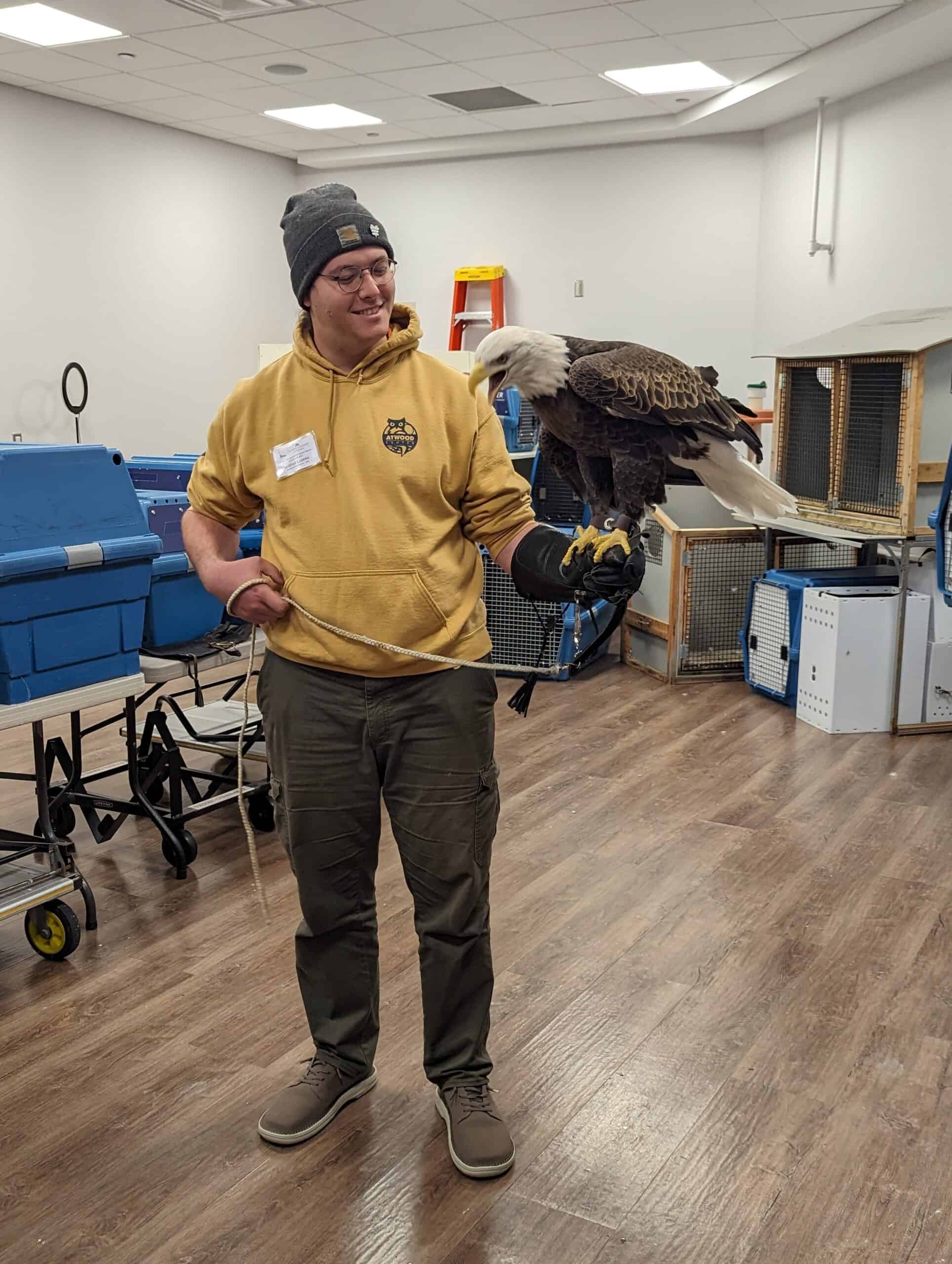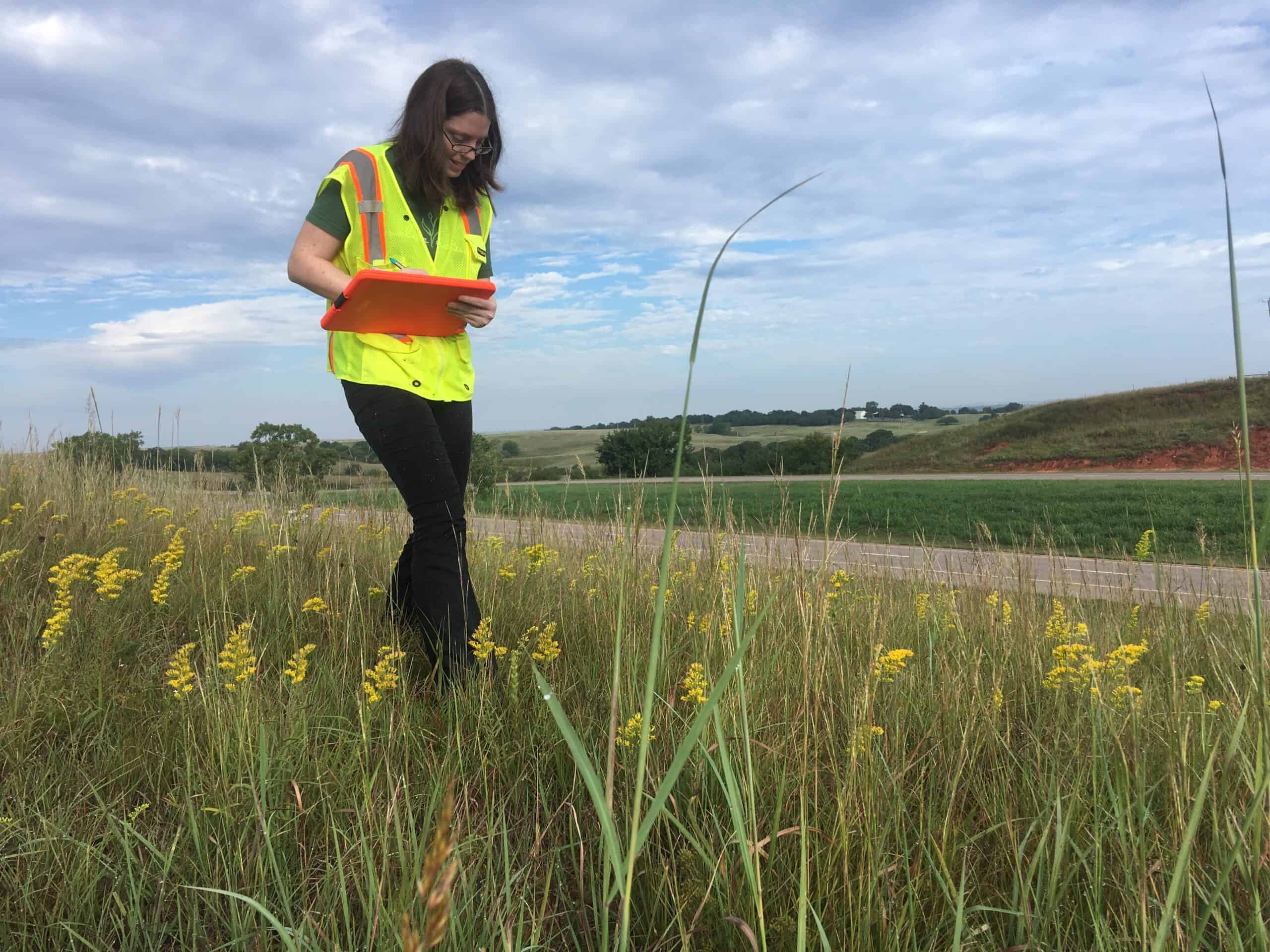Share this article
Wildlife Vocalizations: Daniel Hayes
Hayes shares the lasting impact of small gestures and the power of inclusive leadership
Wildlife Vocalizations is a collection of short personal perspectives from people in the field of wildlife sciences.
In our professional lives, we encounter many people. But in the daily rush, it’s easy to miss opportunities for engagement that may seem small but can have long-lasting repercussions.
One semester, I saw one of my statistics students sitting in a student lounge as I was rushing by. He had taken another course with me the previous semester, and I was curious how the current stats class was going for him. I poked my head in and asked if he would like to join me as I walked to the building where we held our class.
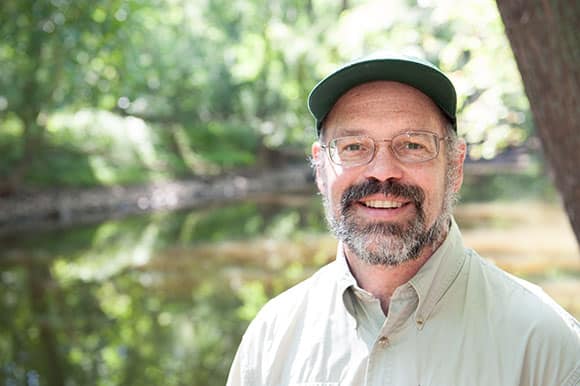
From my perspective, it was just a small gesture of no real consequence. Later, the student relayed to me that one small act—inviting him to walk with me—let him know that someone else cared about his well-being and whether he would succeed. This shifted his perspective and emphasized the importance developing relationships while learning.
I’ve come to find out that these small actions by “leaders” have long-reaching impacts on “junior” individuals in an agency or an educational setting.
To build a strong foundation in leader-junior relationships, initial interactions—which at the time seem like small gestures—are the building blocks for larger, more elaborate relationships. As the relationships grows, the broader networks of connections become increasingly shared and strengthened. These shared relationship networks serve not only to support people in times of need, but they challenge us to grow.
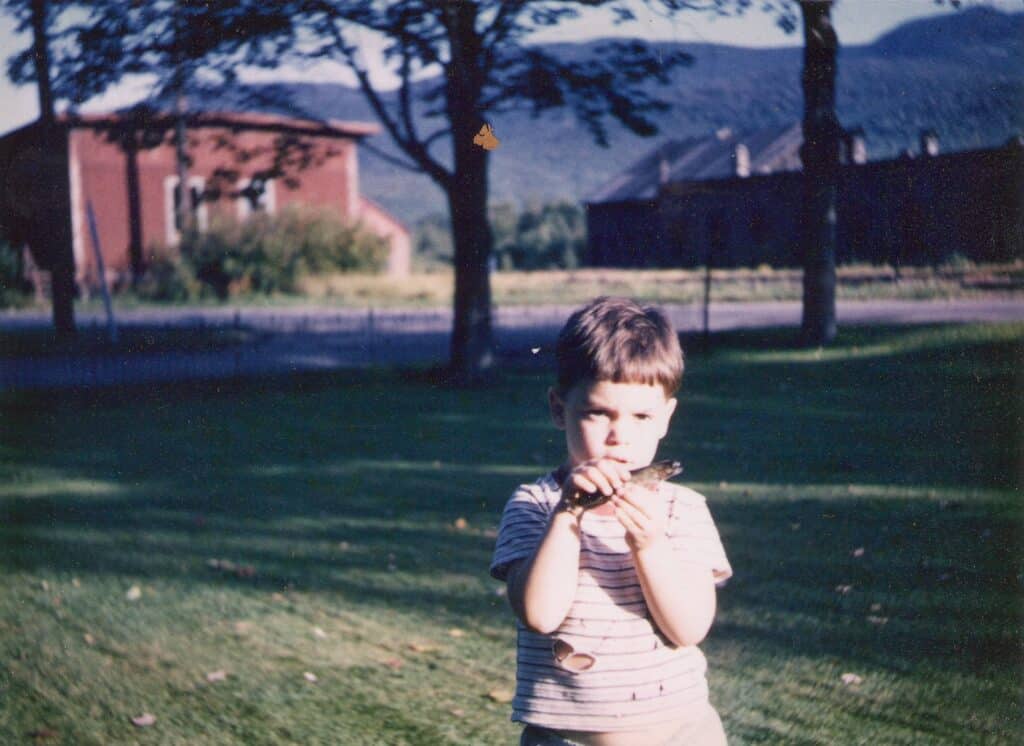
We have all been in both leadership and junior positions. Interactions between the two don’t have to be a one-way street. Instead of junior individuals having to ask their superior for their time, leaders can also approach juniors. This can bolster the junior’s self-esteem and the sense of being an integral and important part of the team.
Learn more about Wildlife Vocalizations, and read other contributions.
Submit your story for Wildlife Vocalizations or nominate your peers and colleagues to encourage them to share their story.
For questions, please contact tws@wildlife.org.
Header Image: Hayes holds a snowy owl (Bubo scandiacus) that was trapped in an airport for relocation by a friend with USDA Wildlife Services in 2014. Courtesy of Dusty Arsnoe



